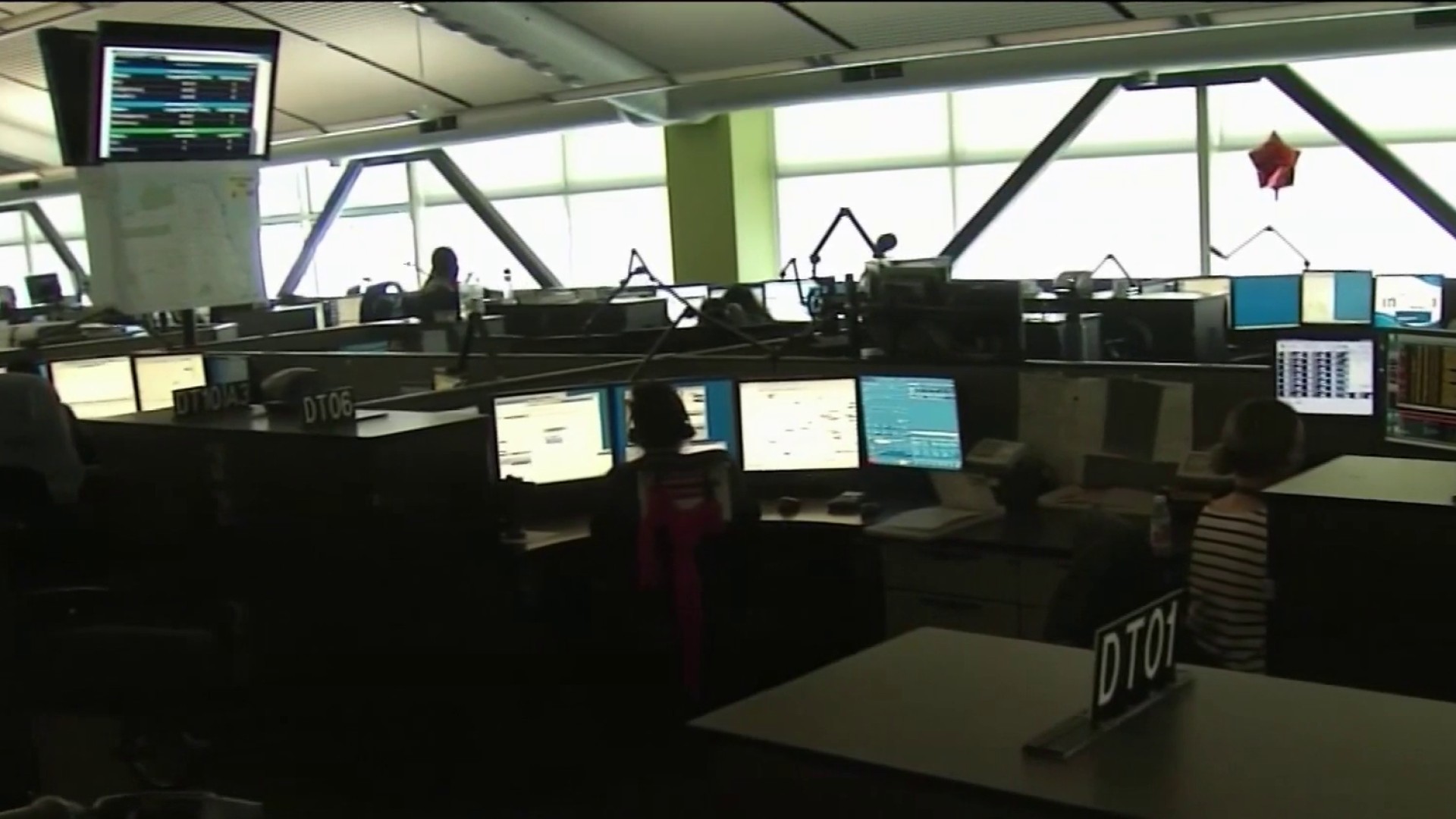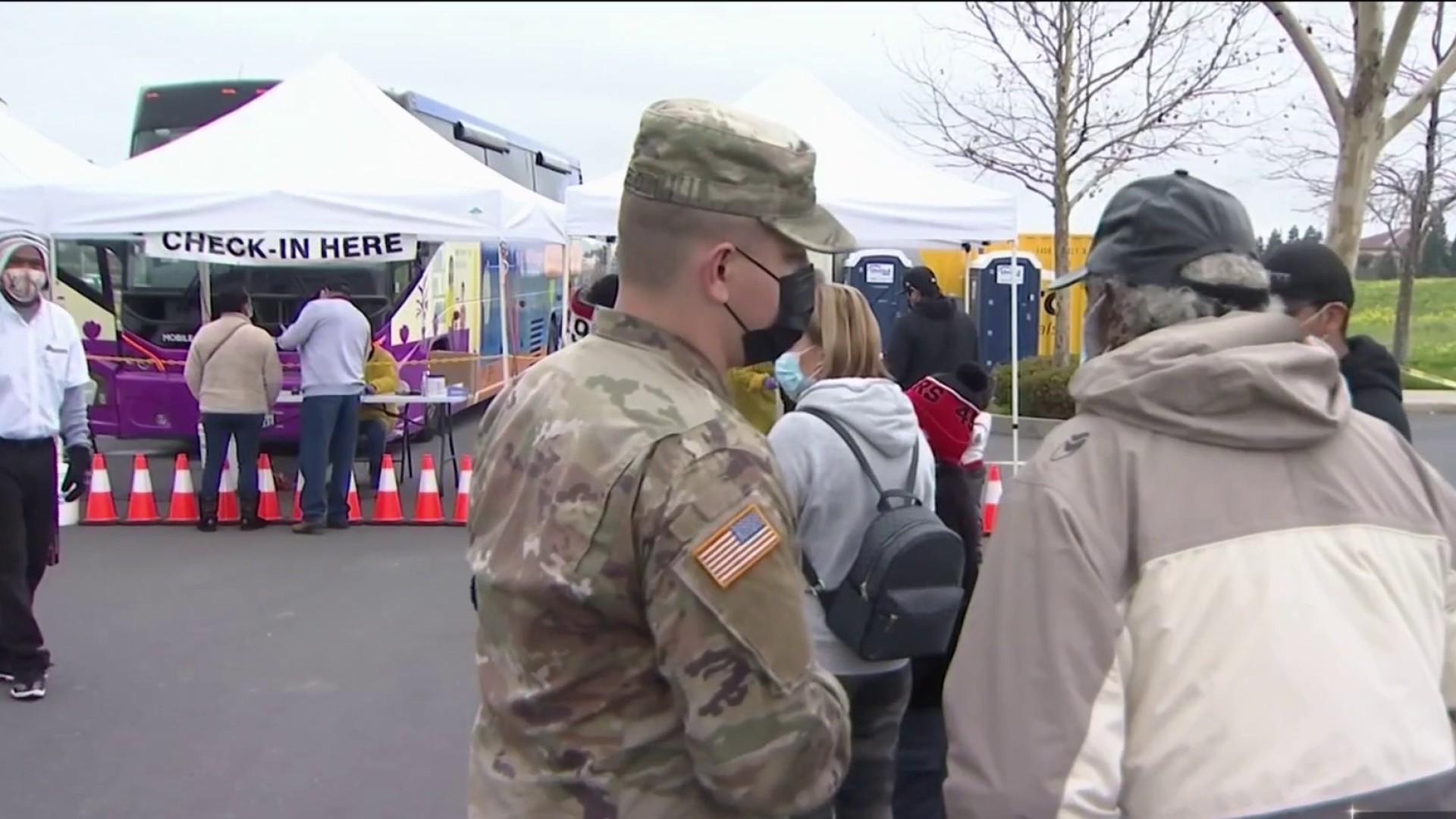With the highly contagious omicron variant sending more people to California hospitals, the California Department of Public Health issued new guidelines Saturday, in an effort to make sure there is enough staff to handle the increase.
According to new state guidelines, health care workers who test positive for COVID-19 will no longer have to isolate or test negative and can return to work immediately If they are asymptomatic.
The new guidelines are in effect until Feb 1.
It’s a last resort for hospitals, but Sandy Reding, the president of the California Nurses Association said the move is a grave mistake that puts patients at risk.
“We are very concerned," she said. "If you have health care workers who are COVID positive care for vulnerable populations, we can spread the COVID virus inside the hospital as well."
NBC Bay Area reached out to the California Department of Public Health, which issued the following statement:
“The department is providing temporary flexibility to help hospitals and emergency services providers respond to an unprecedented surge and staffing shortages. Hospitals have to exhaust all other options before resorting to this temporary tool. Facilities and providers using this tool, should have asymptomatic COVID-19 positive workers interact only with COVID-19 positive patients to the extent possible.”
State officials added that asymptomatic COVID-19 positive workers will need to wear an N-95 respirator.
Dr. George Rutherford, professor of Epidemiology at UCSF said the state’s move is surprising but not unprecedented.
Get a weekly recap of the latest San Francisco Bay Area housing news. >Sign up for NBC Bay Area’s Housing Deconstructed newsletter.
“This is about having infected people taking care of infected people. We did this with Ebola in South Africa. We’ve done it before. It’s not the first play option in our playbook. I think staffing issues are such that it led the state to put this guidance out,” he said.
Reding said that instead of helping increase the number of health care workers, lifting the isolation requirements will only increase the chance of nurses getting other nurses sick.
“If we are going to set up for the surge, let’s set up protocols to have transmission reduced. Which means not have COVID positive people come to work,” Reding said.



